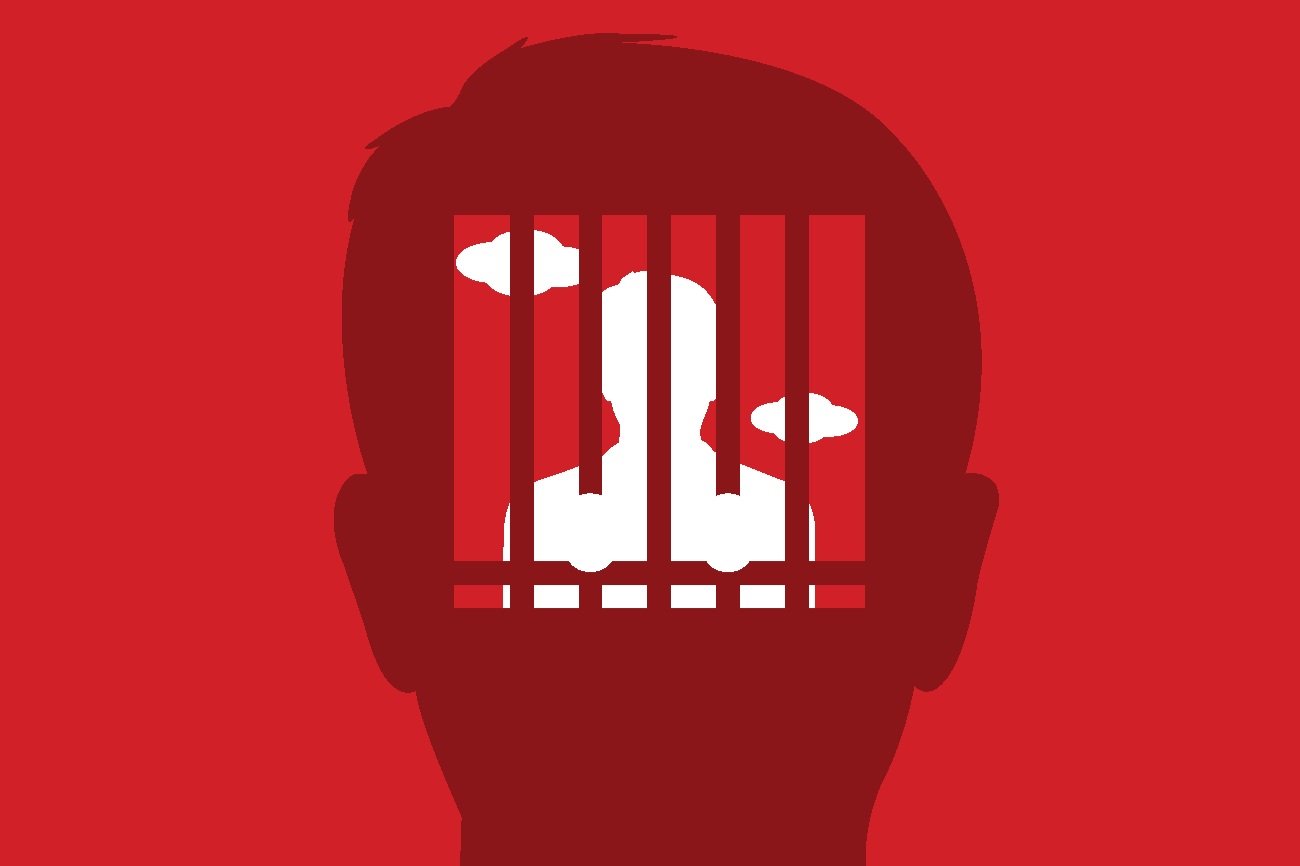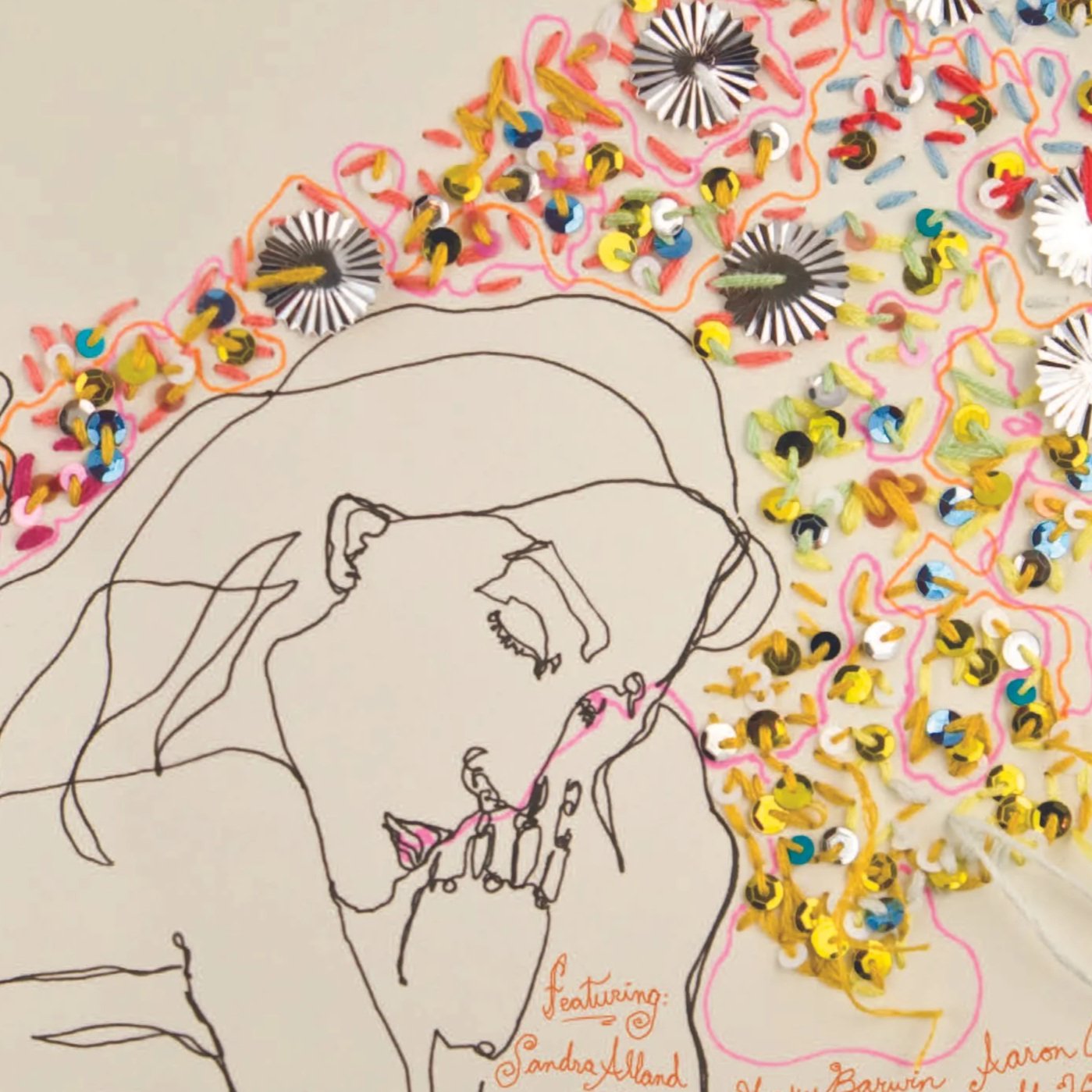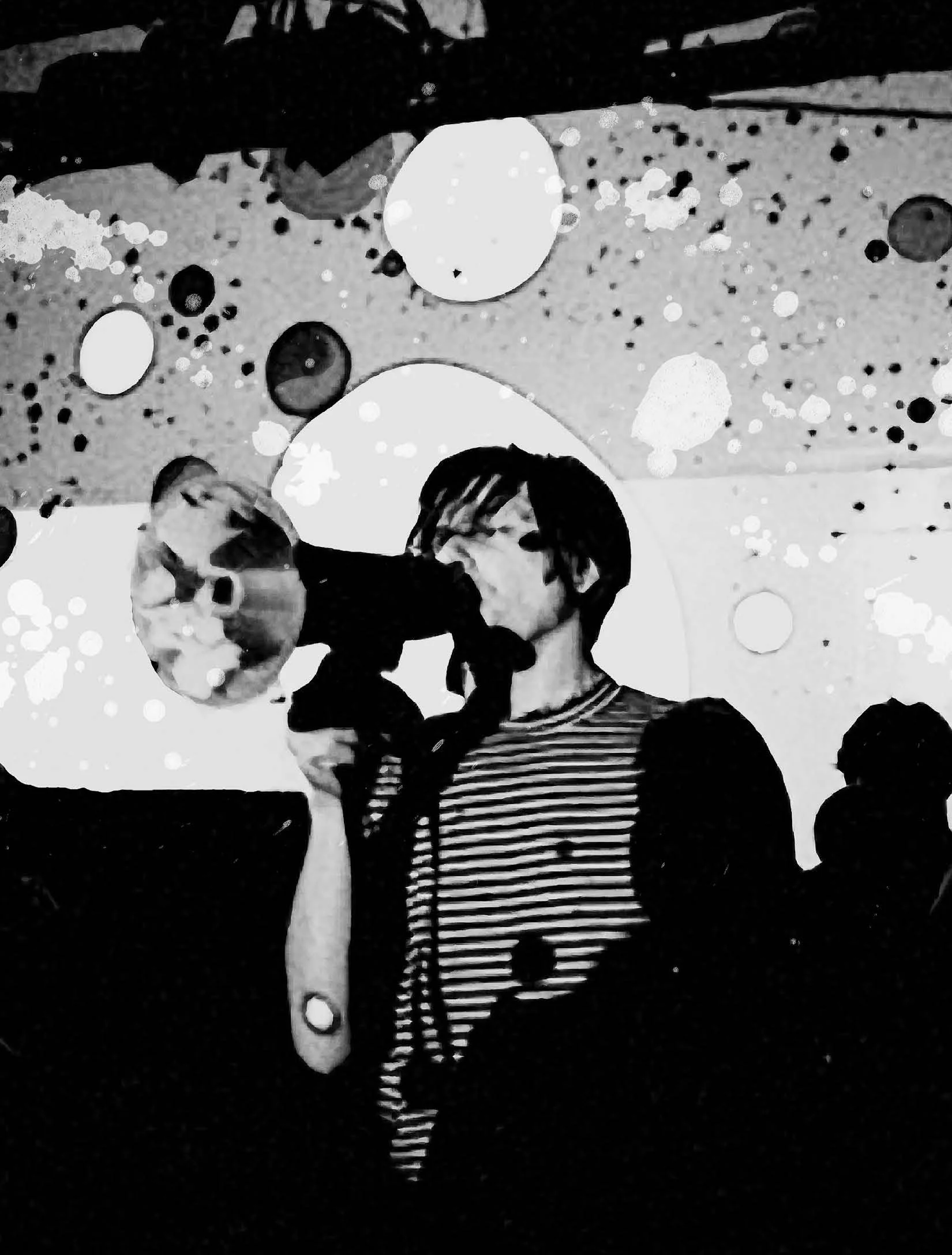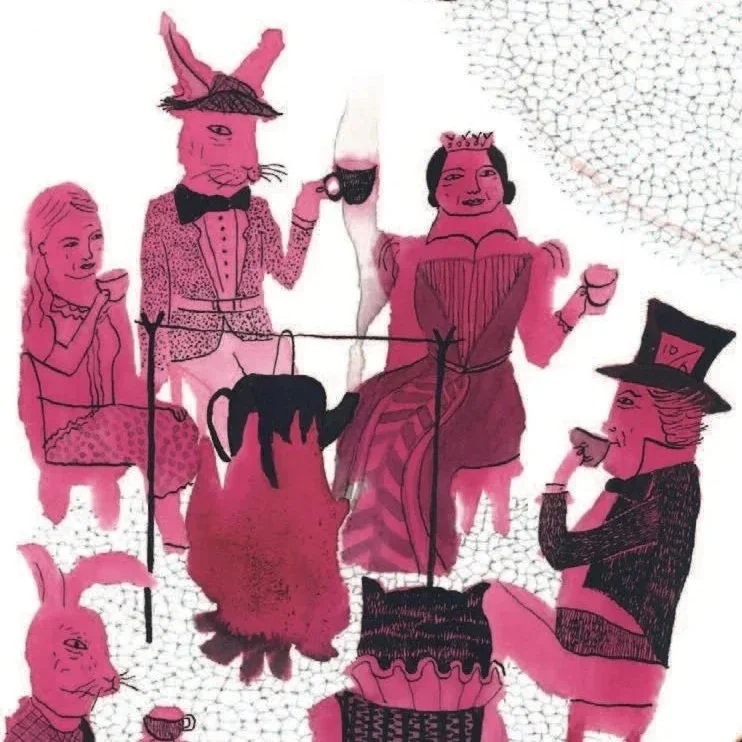-
![]()
100
Issue 100
Spring 2025 -
![]()
99
General Issue
Winter 2024 -
![]()
98
Trash
Summer/Fall 2024 -
![]()
97
General Issue
Spring 2024 -
![]()
96
Authenticity
Winter 2023 -
![]()
95
Disinformation
Summer/Fall 2023 -
![]()
94
General Issue
Spring 2023 -
![]()
93
Winter 2022 -
![]()
92
Forgiveness
Summer/Fall 2022 -
![]()
91
Wicked
Spring 2022 -
![]()
90
General Issue
Winter 2021 -
![]()
89
Neighbours
Summer/Fall 2021 -
![]()
88
Isms
Spring 2021 -
![]()
87
Winter 2020
-
![]()
86
Disobedience
Summer/Fall 2020 -
![]()
85
AI
Spring 2020 -
![]()
84
Revisiting 1984
Winter 2019 -
![]()
83
General Issue
Summer/Fall 2019 -
![]()
82
Shame
Spring 2019 -
![81]()
81
-
![]()
80
Summer/Fall 2018
-
![]()
79
Bye-Bye Vancouver
Spring 2018 -
![]()
78
General Issue
Winter 2017 -
![]()
77
The Interview Issue
Summer/Fall 2017 -
![]()
76
The Future
Spring 2017 -
![]()
75
Nostalgia
Winter 2016 -
![]()
74
Summer/Fall 2016
-
![]()
73
Secrets
Spring 2016 -
![]()
72
I Live In An Apartment
Winter 2015 -
![]()
71
General Issue
Summer/Fall 2015 -
![]()
70
Outsiders
Spring 2015 -
![]()
69
Meat
Winter 2014 -
![]()
68
Pulp
Summer/Fall 2014 -
![]()
67
Coincidence
Spring 2014 -
![]()
66
General Issue
Winter 2013 -
![]()
65
25th Anniversary
Summer/Fall 2013 -
![]()
64
Heat
Spring 2013 -
![]()
63
Our Dying Planet
Winter 2012 -
![]()
62
Memory
Summer/Fall 2012 -
![]()
60
General Issue
Winter 2011

“The most consistently interesting, least pretentious, and aesthetically compelling lit/culture mag in Canada”
– Zsuzsi Gartner
Strong words for a polite nation.

subTerrain magazine is published 3 times a year from modest offices in East Vancouver, BC. We strive to produce a stimulating fusion of fiction, poetry, photography and graphic illustration from uprising Canadian, U.S. & International writers and artists.
If you crave provocative art & writing in your life, then get yourself a subscription to this sometimes SUBCONSCIOUS, often in-SUBORDINATE, but never SUBMISSIVE literary magazine.








































